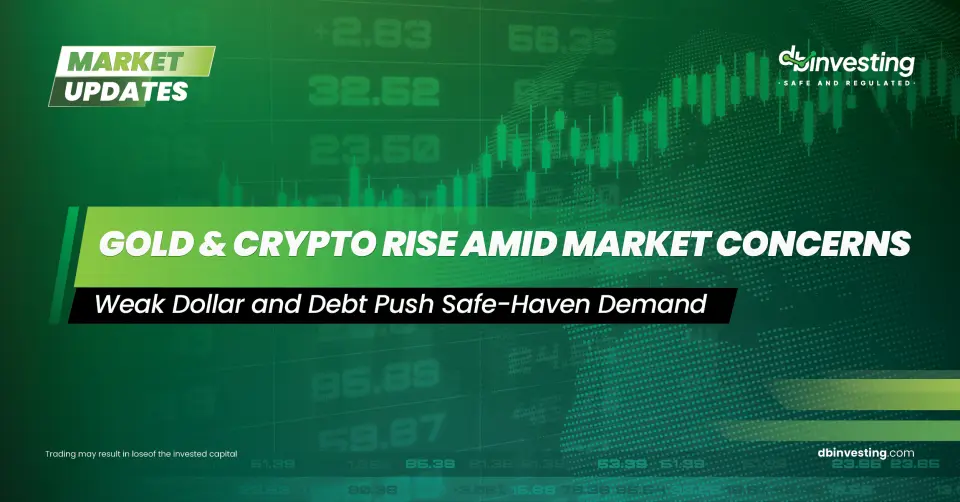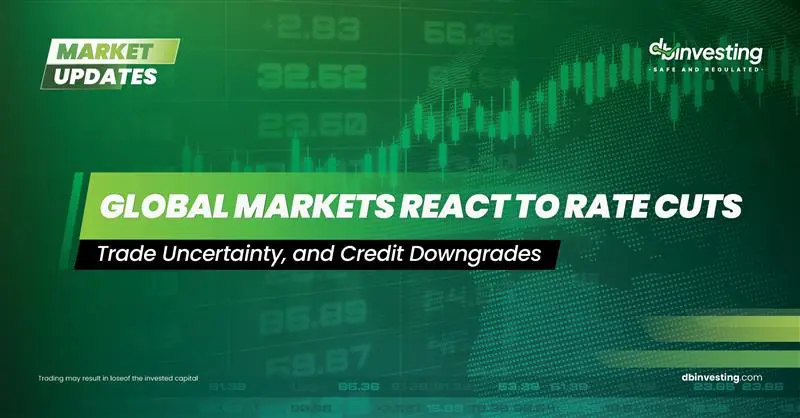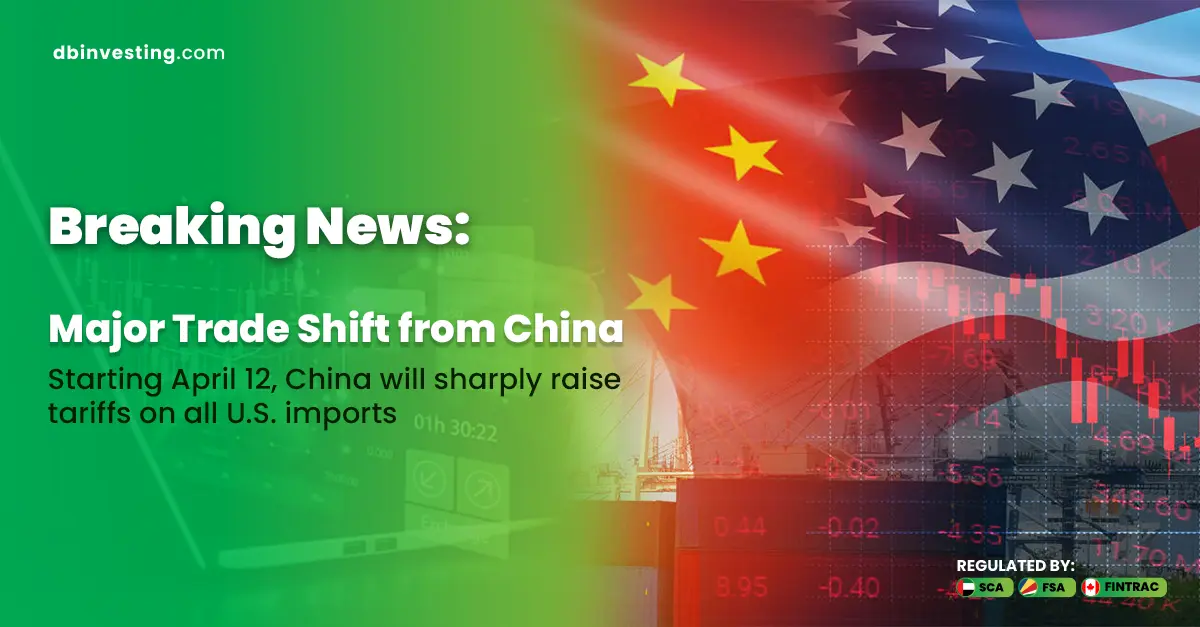Federal Reserve Chairman Signals Caution Amid Economic Uncertainty
Federal Reserve Chairman Jerome Powell indicated that the central bank is in no rush to cut interest rates, emphasizing that the U.S. economy is facing increasing uncertainty—especially amid an escalating trade war with China.
While persistently high interest rates exert some pressure on gold, the yellow metal is expected to benefit from growing economic instability driven by global trade disruptions. Weak economic data from both the U.S. and China, released over the past week, have further fueled capital flows into gold.
Gold prices rose in Asian trading on Thursday following a warning from the Federal Reserve regarding the economy. This prompted traders to shift toward safe-haven assets, although speculation about a potential U.S. trade deal limited gains for the precious metal.
President Donald Trump stated that he would announce a major trade deal on Thursday, sparking some positive market reactions. However, a report suggested the deal might be with the United Kingdom, which could limit the broader economic impact of the agreement.
U.S. Stocks Close Higher Despite Fed Decision
U.S. stocks managed to overcome the effects of the Federal Reserve’s decision to hold interest rates steady for the third consecutive time. Major indices closed higher on Wednesday, led by gains in the Financials, Health Care, and Consumer Services sectors. The Dow Jones Industrial Average rose by 0.70%, the S&P 500 increased by approximately 0.43%, and the Nasdaq Composite gained around 0.27% by the end of the trading session in New York.
Oil Prices and Currencies Respond to Trade Deal Hopes
Oil prices climbed in Asian trading on Thursday after President Trump announced he would reveal a trade deal with a major economy later in the day, raising hopes for a potential easing of his tariff agenda.
Most Asian currencies traded within a narrow range on Thursday as markets awaited further signals from the anticipated U.S.-China trade talks. The U.S. dollar also remained strong after the Fed’s decision to keep interest rates unchanged.
Regional sentiment was further weighed down by rising military tensions between India and Pakistan, with the two nuclear-armed nations engaged in their worst conflict in years.
The Japanese yen declined by 0.2% against the U.S. dollar, retracing some of its recent losses. Japan’s wage data for March is due on Friday and is widely expected to influence the Bank of Japan’s interest rate policy.
Meanwhile, the Australian dollar rose by 0.5% against the U.S. dollar, recovering from a nearly 1% drop on Wednesday.
Conclusion
In summary, global financial markets remain highly sensitive to economic signals, central bank policies, and geopolitical developments. With investor sentiment shifting between caution and optimism, it’s essential to stay informed and adaptable in the face of evolving global dynamics.





